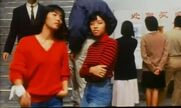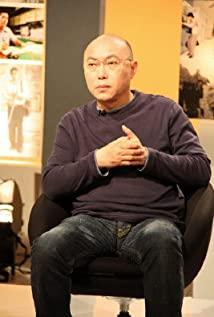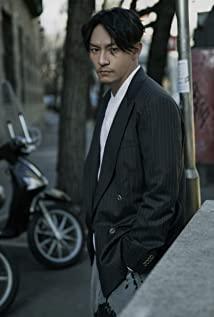Director Yang Dechang used his rational, calm and ruthless shots to reshape that period of history. Every character under the shot is three-dimensional and full, both visually and emotionally.
Taiwan in the 1960s was shrouded in white terror, influenced by the remaining Japanese culture and the impact of the strong American culture, filled with darkness, confusion and despair. In such a gloomy and depressing environment, a group of foreigners from different places who have escaped from their hometowns mostly live in their own circles, humbly and hopelessly, and they pin all their hopes on the next generation. So what about their next generation?
Xiao Si is a good boy. He bravely believes in the "truth of being a man" in his father's mouth. He is different from everyone else. He is like an outsider watching everyone's beatings and killings, and he will not give in at all in the face of bullying. He has pseudo-myopia or he is at an age when he can't see the world clearly. He uses a stolen flashlight to see all beings in this world. He sees one person bullying another person, one person killing another person, A person lives according to the will of others, and the reality disappoints him time and time again. Both Hani and his father are heroes in his heart, but they are both "dead", and they are dropped out of school and betrayed by friends and lovers. His attitude towards reality is even more pessimistic and extreme. He doesn't need this flashlight to see the world. He wants to be like Hani, his original father and Lao Bao, and stick to the idealism in his heart to face, fight and block. Napoleon. Xiao Si thinks that Xiao Ming and himself both believe in "the truth of being a human being", which is different from others, but Xiao Ming, because of the chaos and loss of the adult world, has long understood that justice, poetry and distance are no match for the present. Just like the world, she defeated Xiao Si who was on the verge of collapse. Xiaosi's knife is not only emotional confusion and idealistic loss, but also a resistance to this society, and he reprimanded: "Shameless, useless".
View more about A Brighter Summer Day reviews











